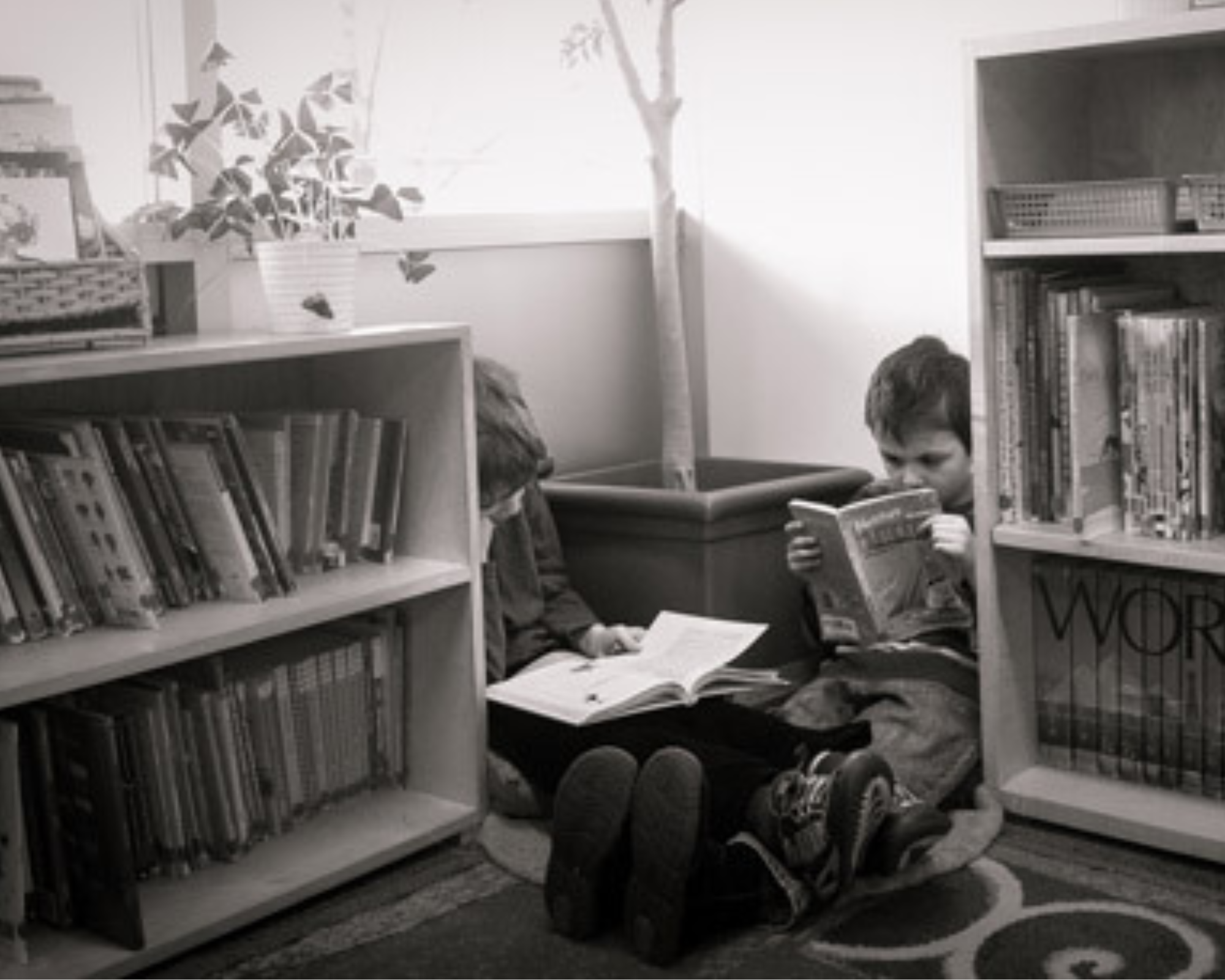October 25, 2022
The benefits of reading aloud to young children are well documented. The only controversial question on the topic is boring. Teachers usually ask the question in the shrill, exasperated voice that unfortunately fits our stereotype: Why are there still so many parents who don’t read to their children?
Many parents do, of course, carve out time most days to sit down and read to their kids. We enjoy picking out new books. We have read some of our favorites so often the books have to be replaced, but we keep the old copies because there are so many memories associated with the kids we read to.
Nonetheless, there have always been too many children who enter school having never been read to. Working parents are often too tired at the end of the day, or too busy all day. Some parents are discouraged when children will not sit still long enough to listen. Many parents do not know how to pick books their young children will enjoy. In truth, each of these excuses – busy, tired, frustrated, and overwhelmed – is true for most of us, some or all of the time.
It has never been hard to manufacture good reasons for not reading, but changes in technology have offered more convincing excuses to avoid sitting down beside a child with a book. Audiobooks are easily accessible, and in many cases, the recordings are exceptionally well done. Most popular children’s books have been made into more-popular movies. Hand-held and touch-screen devices allow the youngest children to make independent choices, adjust the pace and volume of reading, and stop and start at the times they select.
Without a dedicated adult and a book to hold, though, there is no dialogue, no warmth, and no love.
Advice
Here is the simplest, most effective advice, a three-word mantra for read-aloud parents:
Consider your audience.
Try it, as I do, several times a day. In less time than it takes to finish the phrase in my mind, I am thinking of a particular child, or a group of kids, their ages and interests, the things they talk about, the subjects that make them laugh, and their attention spans. In a few seconds, I have all the information I need to make a good choice. It’s a tiny, internal flip, but it changes everything. Instead of beginning with a concern, a sense of duty, or a desire to find the perfect bedtime story, the question turns my attention toward the kids I love.

Happily, the same “consider the audience” advice also works well while reading. Bad book choices are easily identified and replaced. Watching and listening while reading gives teachers and parents all the feedback we need. Humor, fear, and confusion are hard to predict but easy to notice. Maurice Sendak’s monsters are usually not scary, but Mr. McGregor in his garden is often terrifying. Mo Willems is not at all funny unless you read his books with a child. With a child as a reading companion, his characters and the situations he creates are hilarious.
Motivation
One of the strongest motivators for very young children who are just acquiring language is an earnest, urgent desire to express their needs and opinions. (For proof, watch a parent struggle with an unhappy infant, or a toddler in the midst of a tantrum). The same strength of character is revealed when a child is learning to listen. The youngest child will listen attentively when he is interested and has opportunities to respond with opinions and observations. If a child is bored, disconnected, or disengaged, he will indeed walk away.
The desire to read begins when a child wants to know more about a subject, or when a story is so interesting she cannot bear for it to end, or when she wants to be like a loved, admired adult. Children who have been read have longer attention spans, are more engaged, and are more motivated. In short, children who have been read to enter school with the habits of good learners are already firmly established.
